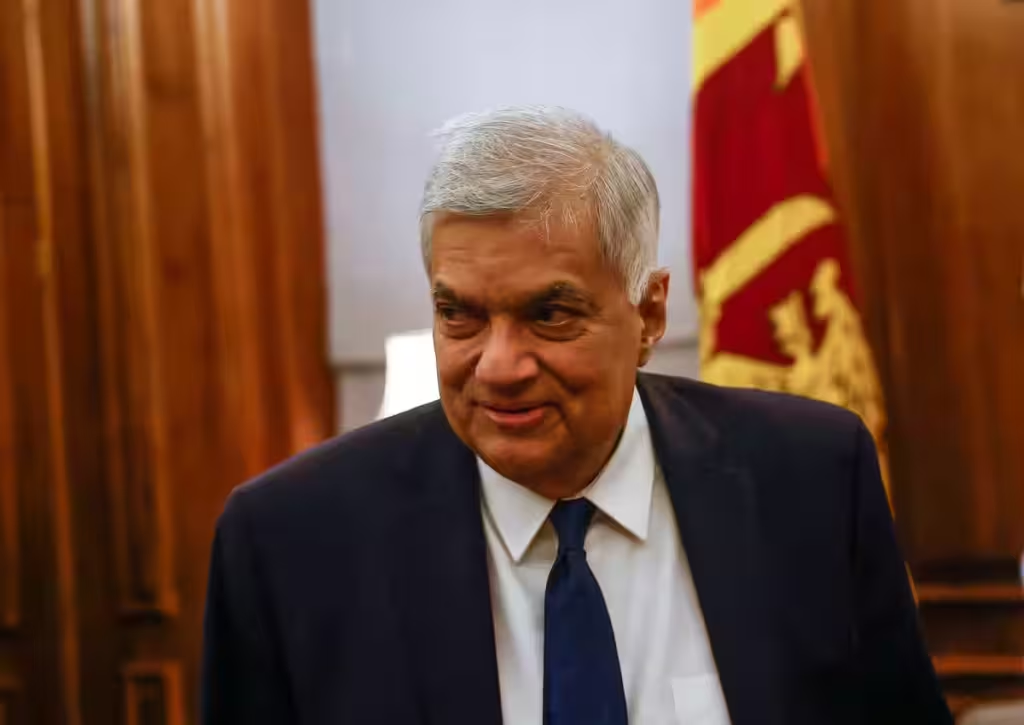Sri Lankan President Ranil Wickremesinghe defended the austerity measures tied to the International Monetary Fund (IMF) bailout as he officially launched his re-election campaign on Thursday. The 75-year-old leader emphasized that the $2.9 billion IMF rescue package, which he negotiated last year, was necessary to stabilize the nation’s economy after the unprecedented crisis two years ago.
The economic meltdown, marked by severe food and fuel shortages, led to widespread protests and ultimately forced Wickremesinghe’s predecessor to flee the country. Wickremesinghe, who took over during the turmoil, stressed that the reforms required by the IMF are crucial to prevent a recurrence of the crisis. “The agreements with the IMF and our bilateral lenders cannot be changed,” he stated at the campaign event. “Some candidates think they can renegotiate, but that is only going to be a waste of time.”
His primary challengers, opposition leader Sajith Premadasa and Marxist leader Anura Kumara Dissanayaka, have pledged to renegotiate the terms of the IMF deal if elected. Premadasa, 57, has promised to reduce income taxes, which were doubled under Wickremesinghe’s administration, while Dissanayaka, 55, has vowed to halt the privatization of state enterprises, a key component of the IMF agreement.
Despite the criticism, Wickremesinghe hinted at plans to ease the tax burden on middle and low-income groups starting next year, though he provided few details. He also faces ongoing negotiations with international bondholders after Sri Lanka defaulted on its $46 billion foreign debt in 2022, a year when the economy contracted by 7.3 percent.
Wickremesinghe’s re-election bid is further complicated by a challenge from within his own parliamentary coalition. The largest party in parliament, which supported his rise to power, is now fielding 38 candidates against him, including Namal Rajapaksa, a member of the influential Rajapaksa family.
Adding to the controversy, Wickremesinghe has been criticized for refusing to fund local government elections last year, citing a lack of funds. The Supreme Court recently ruled that his actions violated the fundamental rights of Sri Lankan voters and ordered that the elections be held as soon as possible.
As Sri Lanka heads into the September 21 polls, the nation remains deeply divided over the economic recovery strategy and the role of the IMF in its future.



